How to Become a Doctor in Indian Army?
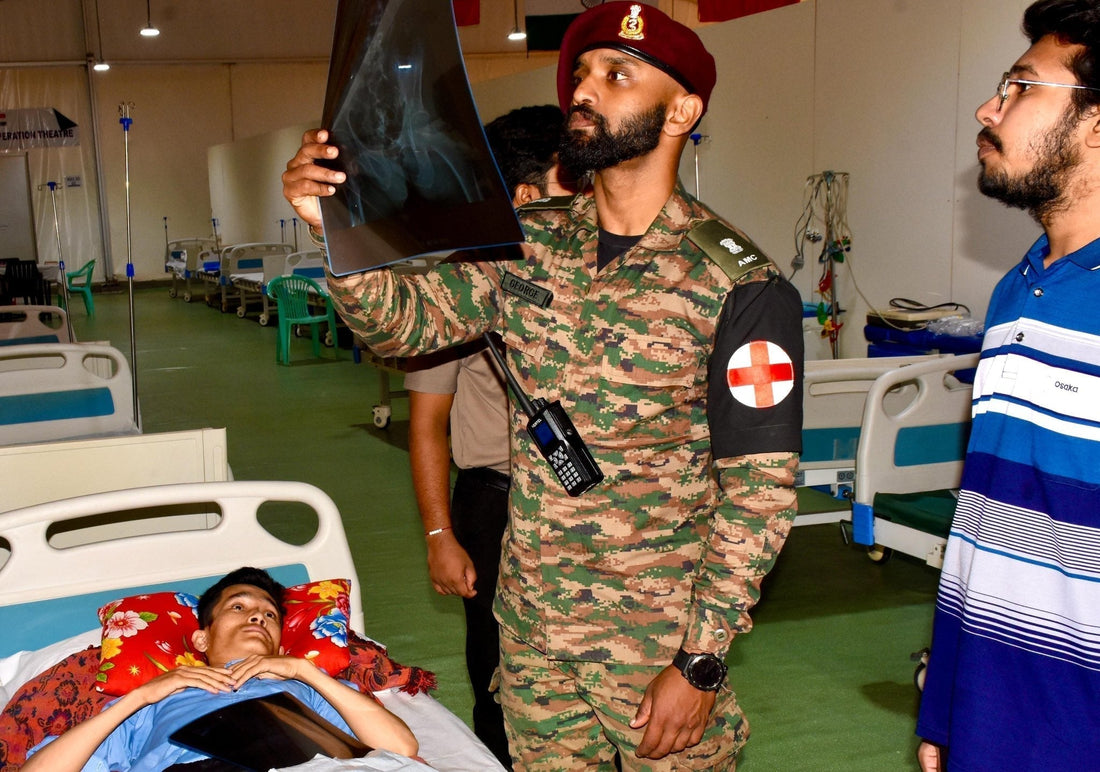
Becoming a doctor in the Indian Army is more than just a career choice; it’s a noble profession that embodies patriotism and commitment toward the health and well-being of soldiers. Doctors in the Indian Army play an essential role in providing medical care to servicemen and their families, often in challenging environments.
As such, the journey to becoming a doctor in the Indian Army is both rigorous and rewarding, involving specific eligibility criteria, educational qualifications, and a structured selection process designed to identify the most competent applicants.
This article explores the journey one needs to undertake to become a doctor in the Indian Army, including the necessary qualifications, entry routes, selection processes, and other critical considerations.
Indian Military Academy IMA Coffee Mug
Rs. 699.00
Sale price
Rs. 499.00
NDA Service Before Self Coffee Mug
Rs. 699.00
Sale price
Rs. 499.00
Officers Training Academy OTA Chennai Coffee Mug
Rs. 699.00
Sale price
Rs. 499.00
Indian Naval Academy INA Ezhimala Coffee Mug
Rs. 699.00
Sale price
Rs. 499.00
Historical Context
The significance of military medicine in India can be traced back to the era of the British Raj, where the need for an organized medical corps in the army became evident. Over the years, the Indian Army Medical Corps (AMC) evolved, expanding its functions, infrastructure, and reach. The present-day AMC is an elite branch providing comprehensive medical care, encompassing surgical, medical, dental, and psychiatric disciplines.
Also Read: Indian Army Medical Officer: Salary, Eligibility And Educational Qualification
The role of medical professionals in the army has transcended traditional responsibilities, adapting to new challenges brought on by modern warfare and advancements in medical science. Today, the Indian Army seeks talented medical professionals who are not only skilled but also committed to serving in dynamic and often high-pressure environments.
Educational Qualifications
Minimum Requirements: To embark on a career in military medicine with the Indian Army, candidates must first meet the educational qualifications required for medical practice. Such qualifications include:
-
MBBS/BDS Graduates:
- A Bachelor of Medicine, Bachelor of Surgery (MBBS) or Bachelor of Dental Surgery (BDS) degree from a recognized Indian university or a foreign medical qualification recognized by the Medical Council of India (MCI).
- Candidates must be registered with the MCI or any state medical council.
-
Postgraduate Qualifications:
- Doctors with postgraduate qualifications, such as MD, MS, MCh, or DM, are also eligible for entry into the Indian Army.
-
Dental Surgeons:
- For BDS graduates, a minimum of 60% marks in the final year, along with a one-year rotatory internship recognized by the Dental Council of India (DCI) is mandatory.
- They must also possess a Permanent Dental Registration Certificate.
Entry Routes
Finding the right entry point into the Indian Army is crucial for aspiring medical professionals. The routes available are diversified to accommodate different educational backgrounds and aspirations.
Permanent Commission (PC)
- Eligibility: The route primarily caters to graduates of the Armed Forces Medical College (AFMC) in Pune, where 50% of its graduates are directly inducted into Permanent Commission.
-
Age Limits:
- MBBS graduates: Not more than 30 years on December 31 of the year of application.
- PG diploma holders: Not more than 31 years on December 31.
- PG degree holders: Not more than 35 years.
Permanent Commission serves as a pathway for a long-term career in military medicine, offering opportunities for professional development and leadership.

Short Service Commission (SSC)
- For Civil Medical College Graduates: The primary entry path for practitioners who have completed their education in civilian institutions is via Short Service Commission.
-
Service Duration:
- SSC offers a minimum period of service of five years, which can be extended in blocks of up to 14 years based on performance.
- For AFMC graduates who choose this route, the initial tenure is seven years.
- Upper Age Limit: Candidates applying through this route must be no older than 45 years on December 31.
Both PC and SSC routes provide unique opportunities, but choosing the right one depends on personal career aspirations and lifestyle choices.
SSB Interview Books Power Pack: 4 Must Read Books for Defence Aspirants
Rs. 1,760.00
Sale price
Rs. 1,399.00
Let's Crack SSB Interview Book [Paperback]
Rs. 390.00
Sale price
Rs. 360.00
Breaking The Code of SSB Psychological Tests Book - SSB Interview (TAT/WAT/SRT/SD)
Rs. 390.00
Sale price
Rs. 360.00
OIR Test & PPDT Book - SSB Interview Screening Test - Stage 1 Testing
Rs. 490.00
Sale price
Rs. 375.00
Selection Process
The selection of candidates wishing to become doctors in the Indian Army undergoes a rigorous appraisal process designed to ensure the highest standards of qualification and preparedness.
1. Application and Document Verification
Applicants must submit their application forms, along with the necessary documentation, according to the specific entry route (PC or SSC). Documentation typically includes educational certificates, registration with medical councils, and internship completion proof.
2. Interview Process
Shortlisted candidates are then invited for an interview held at the Army Hospital (Research & Referral) in New Delhi. Here, a Board of Officers evaluates the candidates based on their academic records, personal profile, and potential to serve in the armed forces.
3. Medical Examination
Successful candidates from the interview phase must undergo a comprehensive medical examination at armed forces hospitals to ascertain if they meet the required physical and mental health standards.
4. Final Selection
Once candidates pass both the interview and medical examinations, they are granted a commission subject to additional verification processes. This thorough evaluation is crucial, as it ensures that only the most qualified individuals serve in military medicine.
Additional Requirements
For candidates wishing to join the AFMC, admission is contingent on their performance in the National Eligibility cum Entrance Test (NEET). High scores in NEET are essential since they significantly influence admission to this prestigious institution, which acts as a gateway for careers in the Indian Army.
Rank and Salary
Upon successful commissioning, doctors in the Indian Army typically begin their careers at the rank of Captain. These ranks reflect a combination of experience and the responsibilities undertaken.
Salary Structure
The financial rewards associated with a career in military medicine are competitive:
- Total Annual Compensation: The estimated annual salary for a doctor in the Indian Army ranges from ₹8 lakh to ₹16.5 lakh. Averages suggest that the base salary approximates ₹10.5 lakh per year.
- Additional Benefits: The compensation package may also include allowances, bonuses, and other incentives pertaining to the officer's rank and the nature of their duties.
Other Considerations
One significant aspect to consider is the opportunity for SSC officers to transition to a Permanent Commission. After serving two years but before reaching 9.5 years, SSC officers can appear for the Departmental Permanent Commission (DPC) interview, contingent on fulfilling additional eligibility requirements. Additionally, veterinary doctors, with a qualification of BVSc or BVSc & AH from a recognized institution, are also eligible to apply for Short Service Commission, with an age limit set between 21 to 32 years.
Challenges and Solutions
Like any professional pursuit, the journey to becoming a doctor in the Indian Army comes with its unique set of challenges:
- Competitive Entry Process: The pathways to enter can be highly competitive, particularly for the AFMC. Candidates must perform well academically and in NEET to be considered.
- Physical and Mental Demands: The duality of military duty and medical practice can create significant stress, leading to potential burnout or mental exhaustion.
SSB Interview Study Material 2025 [ Pack of 17 eBooks ]
Rs. 1,313.00
Sale price
Rs. 499.00
Thematic Apperception Test (TAT) Part 1 eBook [100+ Stories]
Rs. 150.00
Sale price
Rs. 139.00
SSB Lecturette Topics Part-1 eBook [100 Topics]
Rs. 149.00
Sale price
Rs. 125.00
OIR Test eBook with 20 Practice Sets - [1000+ Questions Included]
Rs. 250.00
Sale price
Rs. 199.00
Potential Solutions:
- Preparation Programs: Candidates should engage in rigorous preparation programs, such as those offered by SSBCrack and SSBCrackExams, to enhance their chances of success in the selection processes.
- Robust Mental Health Support: Ensuring proper mental health resources and support systems within military medical establishments can mitigate the challenges associated with the demanding environment.
Future Trends and Predictions
As technology and medical practices evolve, so too will the landscape of military medicine in the Indian Army:
- Telemedicine Integration: There is a growing trend toward using telemedicine for remote consultations, particularly with the challenging geographical conditions in which military personnel often work.
- Increased Focus on Mental Health: Acknowledging the psychological toll of military duty, there is a push towards integrating more mental health professionals and resources within the ranks of military doctors.
- Advancements in Medical Technology: As medical science advances, opportunities for specialization in cutting-edge fields such as trauma surgery and combat medicine will arise for new recruits.
Conclusion
The path to becoming a doctor in the Indian Army is both challenging and exhilarating. From educational requirements to the rigorous selection process, it demands dedication and resilience. Those who choose to serve their country in this capacity not only play a crucial role in maintaining the health of the armed forces but also contribute significantly to the national grit and safety.
By fulfilling the necessary criteria and embracing the process, aspiring medical graduates can find themselves in a rewarding profession, serving as an essential part of a highly esteemed organization. With the right support, preparation, and determination, one can embark on this noble journey of combining medical expertise with patriotic duty, thus becoming a vital pillar of the Indian Army.
For further guidance, coaching, and preparation materials, consider exploring the comprehensive resources provided by SSBCrack and SSBCrackExams.






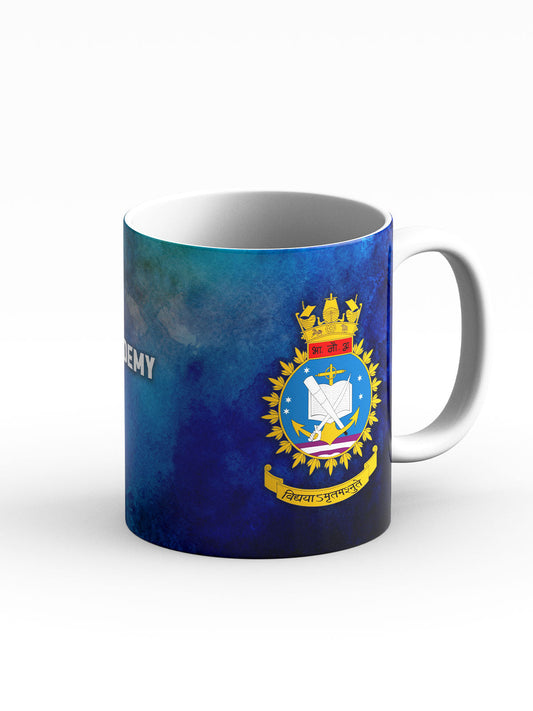
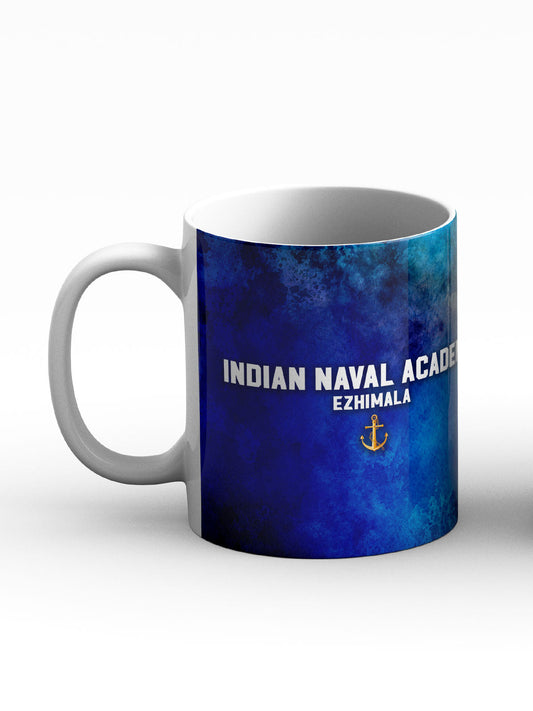
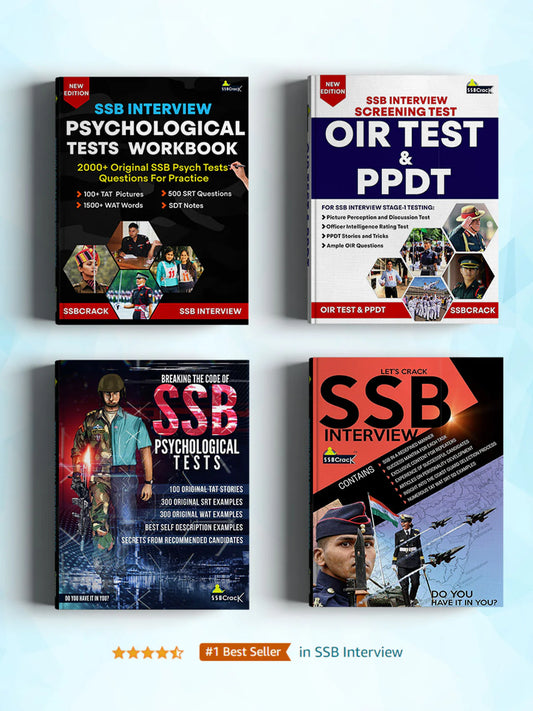
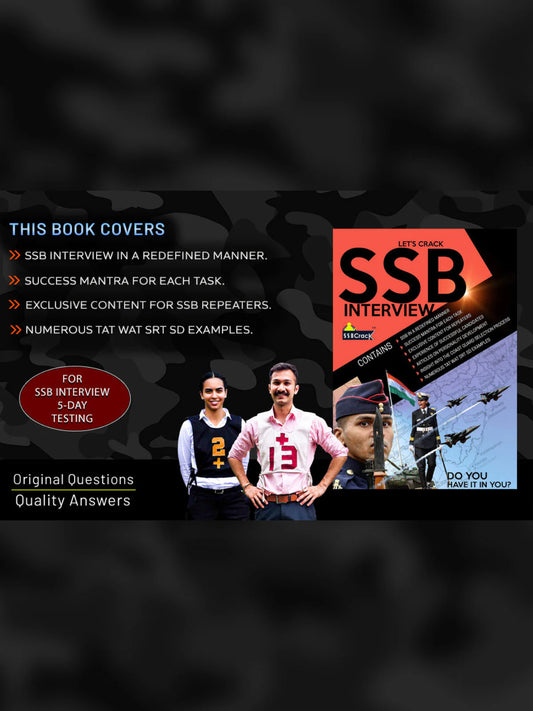
![Let's Crack SSB Interview Book [Paperback]](http://shop.ssbcrack.com/cdn/shop/files/ssb-books.webp?v=1736351621&width=533)
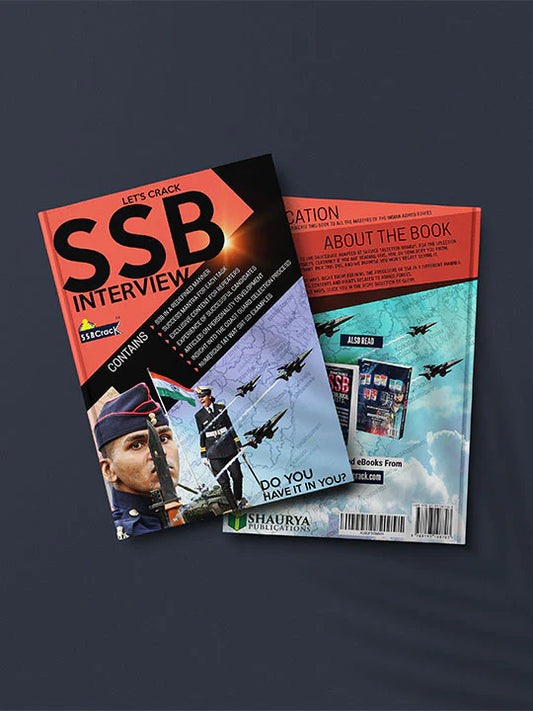
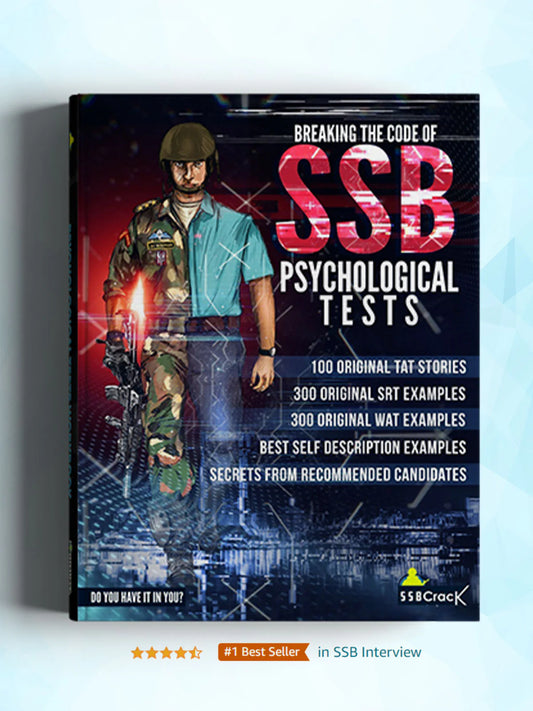
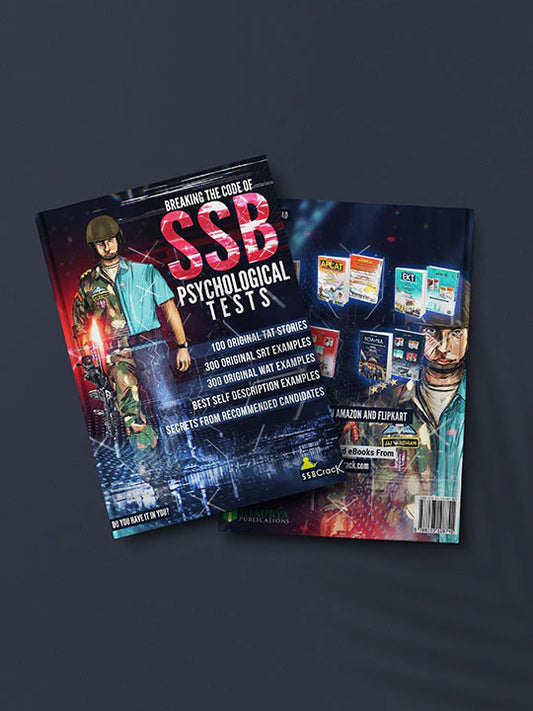
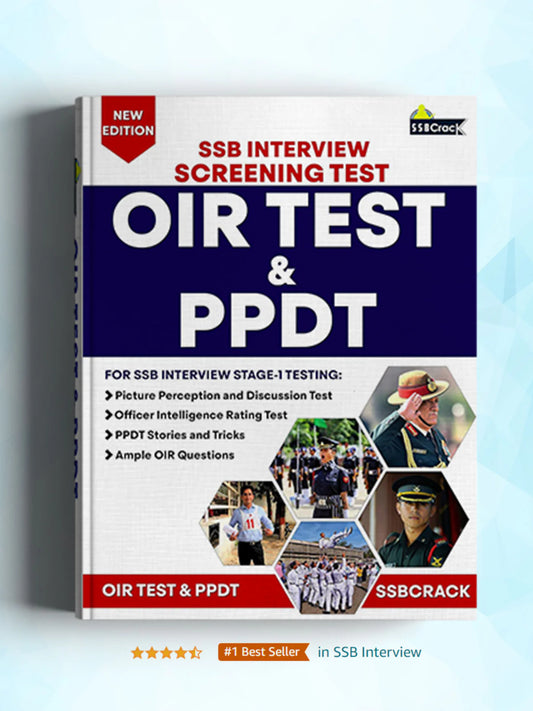
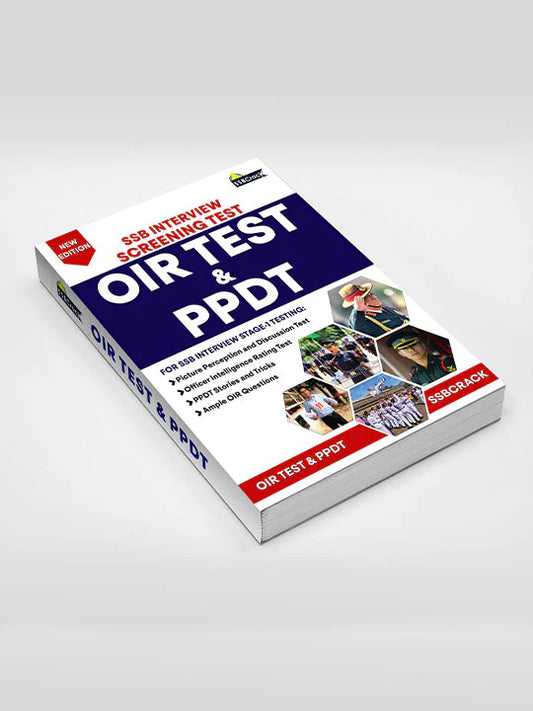
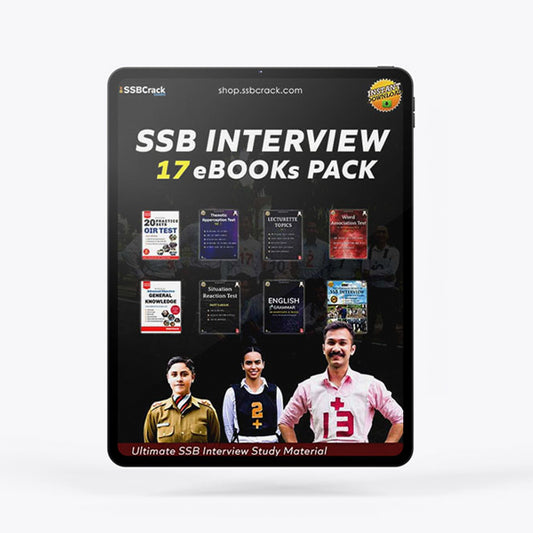
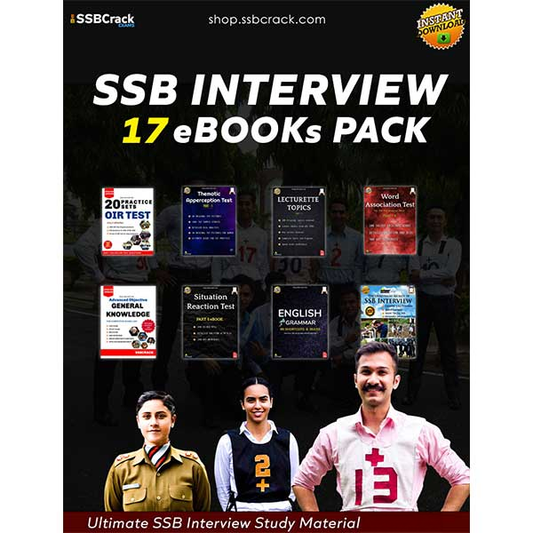
![Thematic Apperception Test (TAT) Part 1 eBook [100+ Stories]](http://shop.ssbcrack.com/cdn/shop/files/TAT-ebook-part-1-ssbcrack_051ae49c-43ea-4eb4-95c7-0fa0bfa2a639.jpg?v=1735540406&width=533)
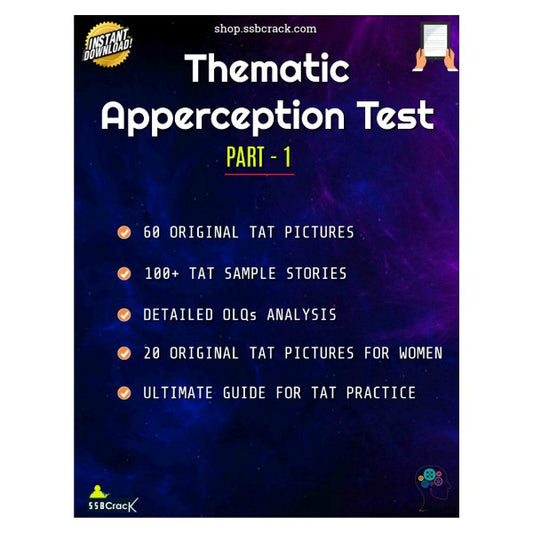
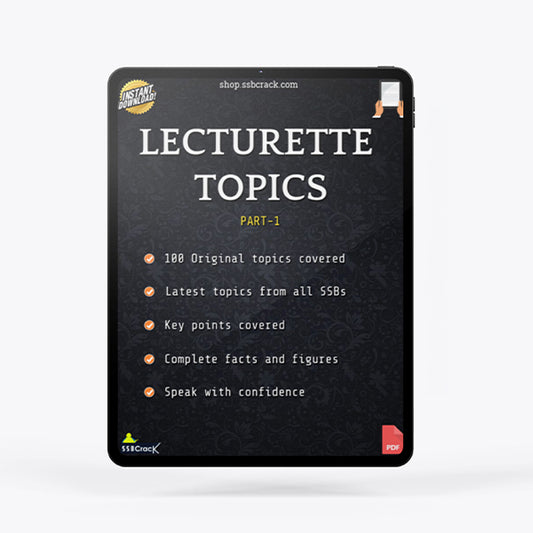
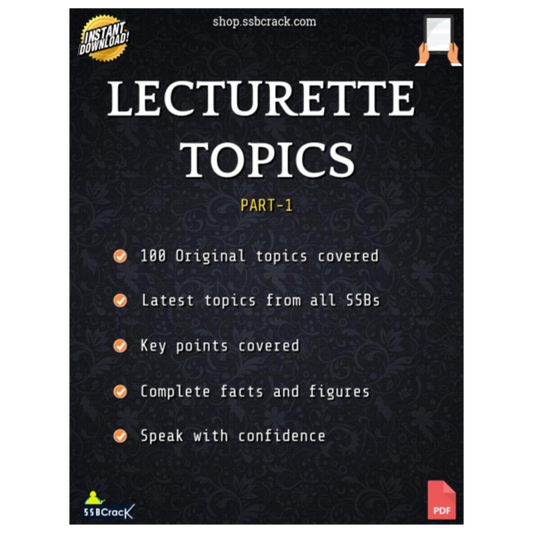
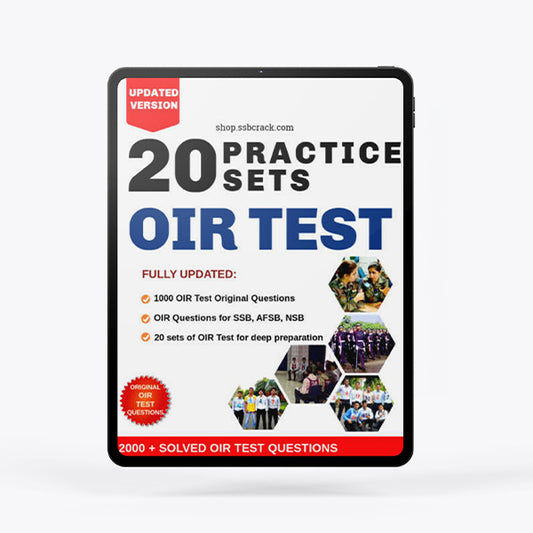
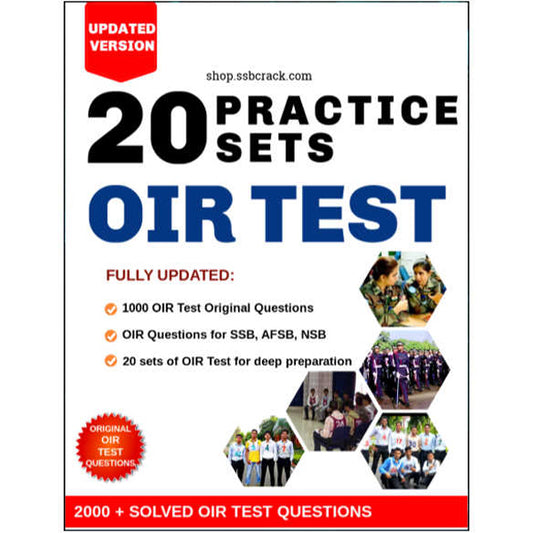














1 comment
I think the age limit to apply to AMC for SSC is also 35 years for pg holders which is same for candidates applying for permanent commission. I received an application form to apply for SSC from a colleague in armed forces that state upper age limit as 35 years and not 45 as mentioned in your article. Because I was planning to apply and i hold a Pg degree and I am 37 years old. I had to drop the plan as i didnt meet the criteria for age. Can you please shed some light on this? Thnx in advance.